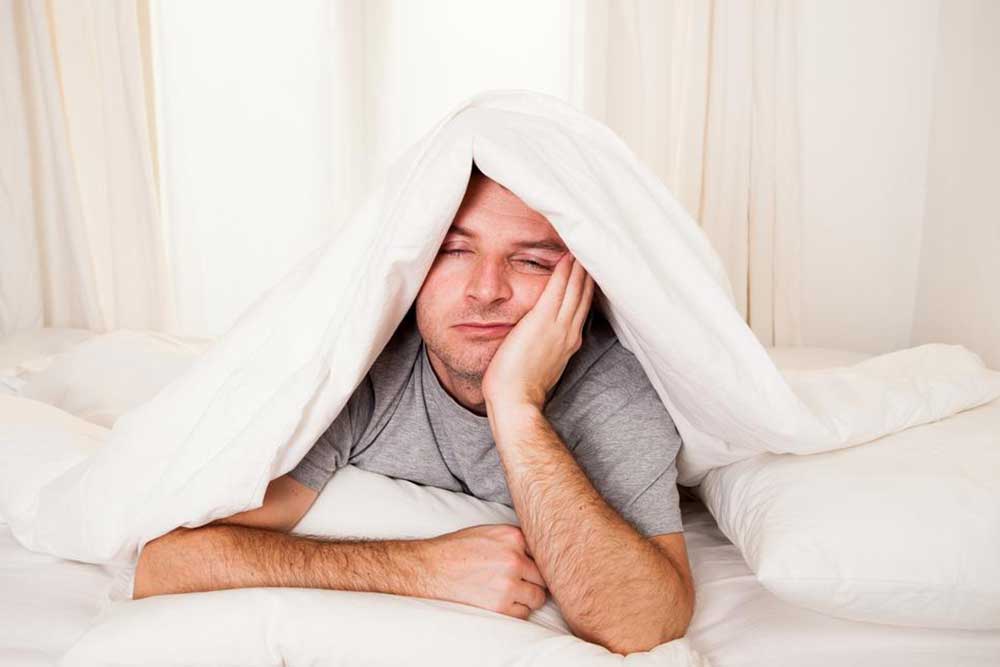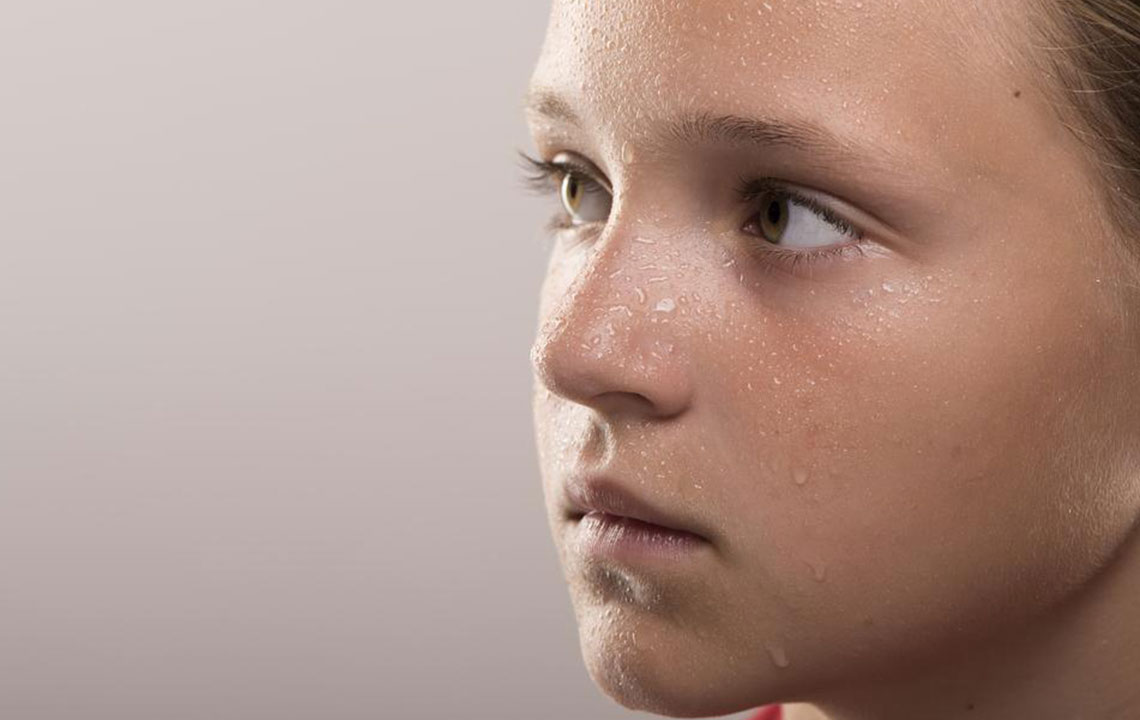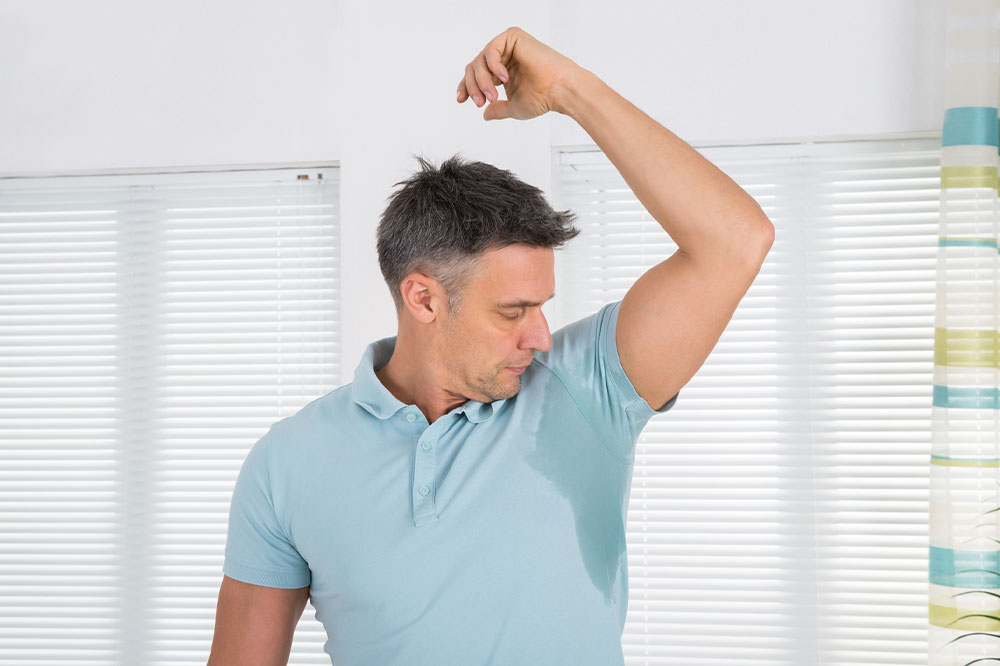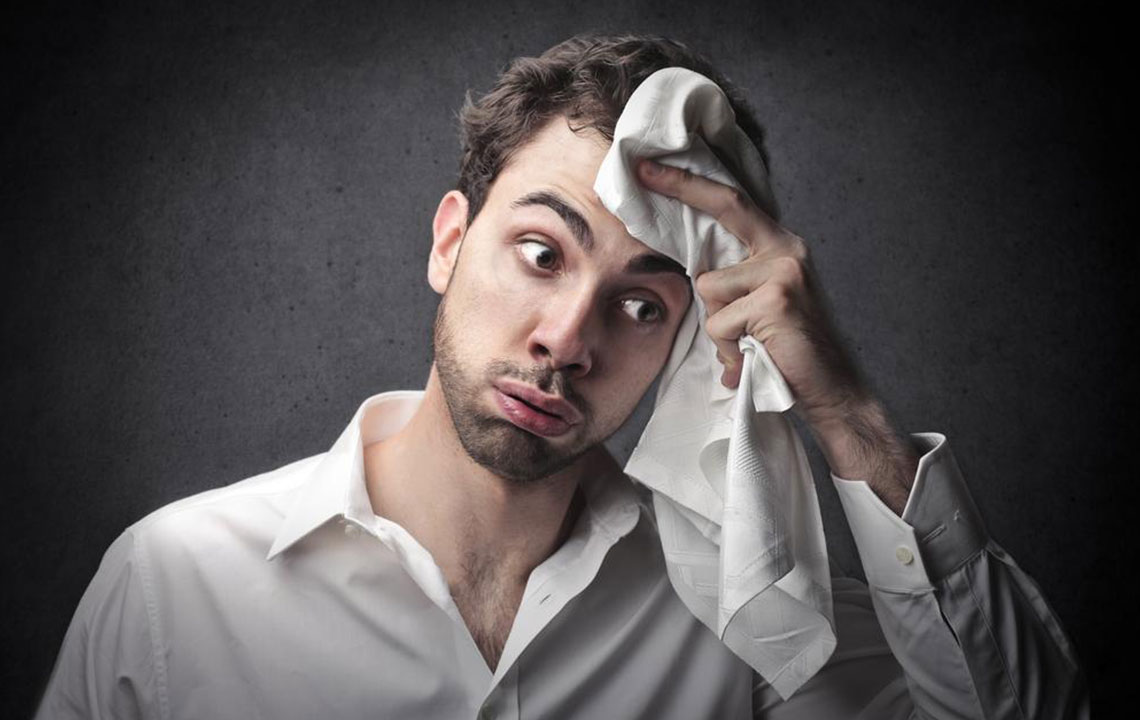Common Causes of Night Sweats in Men and Women
Night sweats are excessive sleep-related sweating linked to various health issues such as hormonal imbalances, infections, and lifestyle factors. Understanding these causes can help manage symptoms effectively. Treatments include adjusting room temperature, wearing breathable fabrics, and consulting healthcare providers for underlying conditions. Recognizing symptoms early and making lifestyle changes can improve sleep quality and overall health.

Common Causes of Night Sweats in Men and Women
Night sweats, or hyperhidrosis, refer to excessive sweating during sleep, often indicating underlying health conditions. These episodes usually affect both sides of the body and can soak sleepwear, sometimes waking individuals. They are commonly linked to fever, hormonal shifts, or blood pressure issues. Chronic night sweating may also elevate the risk of skin infections.
Typical reasons for night sweats include:
Low blood sugar (Hypoglycemia): Sudden drops in blood glucose, especially in diabetics on insulin or medication, can cause sweating. A light snack before bedtime might help.
Sleep apnea: Breathing interruptions during sleep lower oxygen levels, leading to breathlessness and sweating.
Cancer (Lymphoma): Certain cancers, notably lymphoma, can result in night sweats.
Neurological issues: Conditions like stroke or autonomic nerve disorders can increase nighttime sweating.
Thyroid disorders: An overactive thyroid (hyperthyroidism) raises body temperature, causing sweating, thirst, and hunger.
Hormonal imbalances: Disorders such as pheochromocytoma or carcinoid syndrome can cause flushing and sweating episodes.
Infections: Tuberculosis, bacterial infections, or bone inflammation can lead to night sweats.
Medication side effects: Drugs like antidepressants, fever reducers, and steroids may induce sweating during sleep.
Menopause: Women experiencing menopause or after ovarian removal often encounter night sweats.
Stress and anxiety: Psychological stress, nightmares, or anxiety can trigger night sweating. Seeking mental health support can help manage symptoms.
Using air conditioning or fans, along with breathable, moisture-wicking sleepwear, can help ease night sweats.


